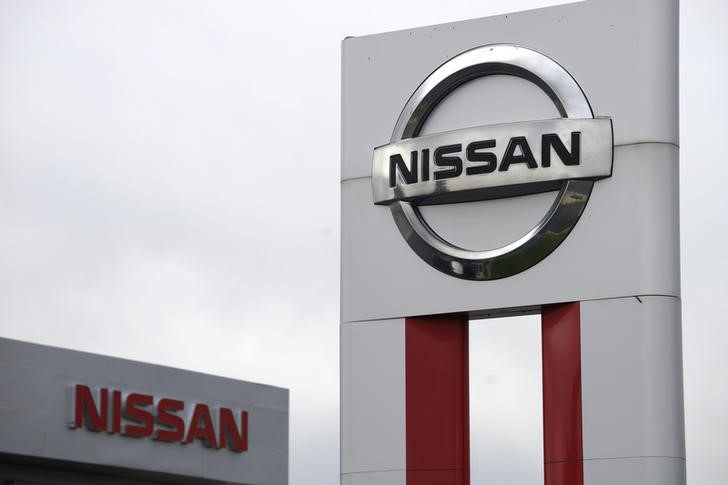By Mari Saito
TOKYO (Reuters) - Japan's Nissan Motor Co (T:7201) and French partner Renault SA (PA:RENA) have stopped taking orders for some cars in Russia and could raise prices on others if the ruble's plunge continues, alliance Chief Executive Carlos Ghosn said on Friday.
"We have suspended taking orders," Ghosn told reporters at Nissan's headquarters in Yokohama, saying the freeze is limited to specific models while orders already placed are being honored. "We didn't do it (suspend orders) overall, just on some models we said, 'Sorry, until we see where this situation is going we don't take orders."
The Russian currency has tumbled about 50 percent against the dollar so far this year, putting pressure on automakers who have had to raise prices and contend with falling demand.
Nissan has already increased prices on half of models sold in Russia by 5 percent to 8 percent. Ghosn said Nissan had hiked prices on models that use higher levels of imported parts.
Russia is Nissan's fifth-largest market and the Japanese firm's alliance with Renault SA (PA:RENA), of which Ghosn is chairman and CEO, gives it a majority stake in Avtovaz OAO (MM:AVAZ), Russia's largest automaker.
Ghosn, who said Nissan and Renault were gaining market share in Russia, wants to grow their combined market share there to 40 percent from about 35 percent now.
The executive said he remained confident that the Russian market would "stabilize". Nissan this month announced plans to double production capacity at its St. Petersburg plant to 100,000 vehicles.
"The bad news is that the market is shrinking. This is bad news for everyone," Ghosn said. "When the rouble sinks it's a bloodbath for everybody. It's red ink, people are losing money, all car manufacturers are losing money."
The automaker aims to raise production in Russia to 90 percent of Nissan cars sold in the country by 2016, up from the current 70 percent.

Ghosn also praised Japanese Prime Minister Shinzo Abe's mix of economic and fiscal policies at the briefing. He said the now much weaker yen was no longer a "handicap", and the company planned to take advantage of the currency's drop and expand domestic production for exports.
(Writing by William Mallard; Editing by Kevin Krolicki and Kenneth Maxwell)